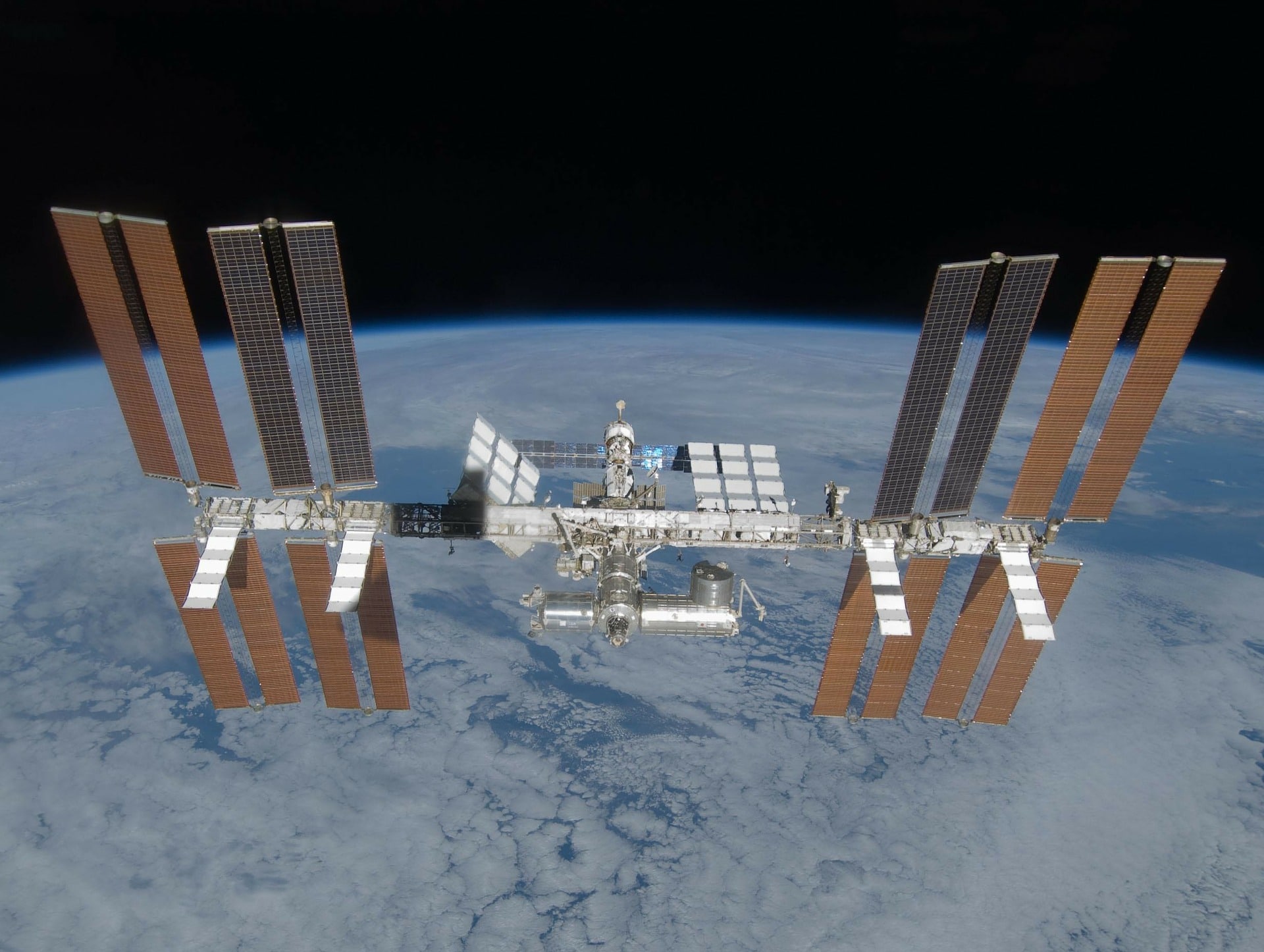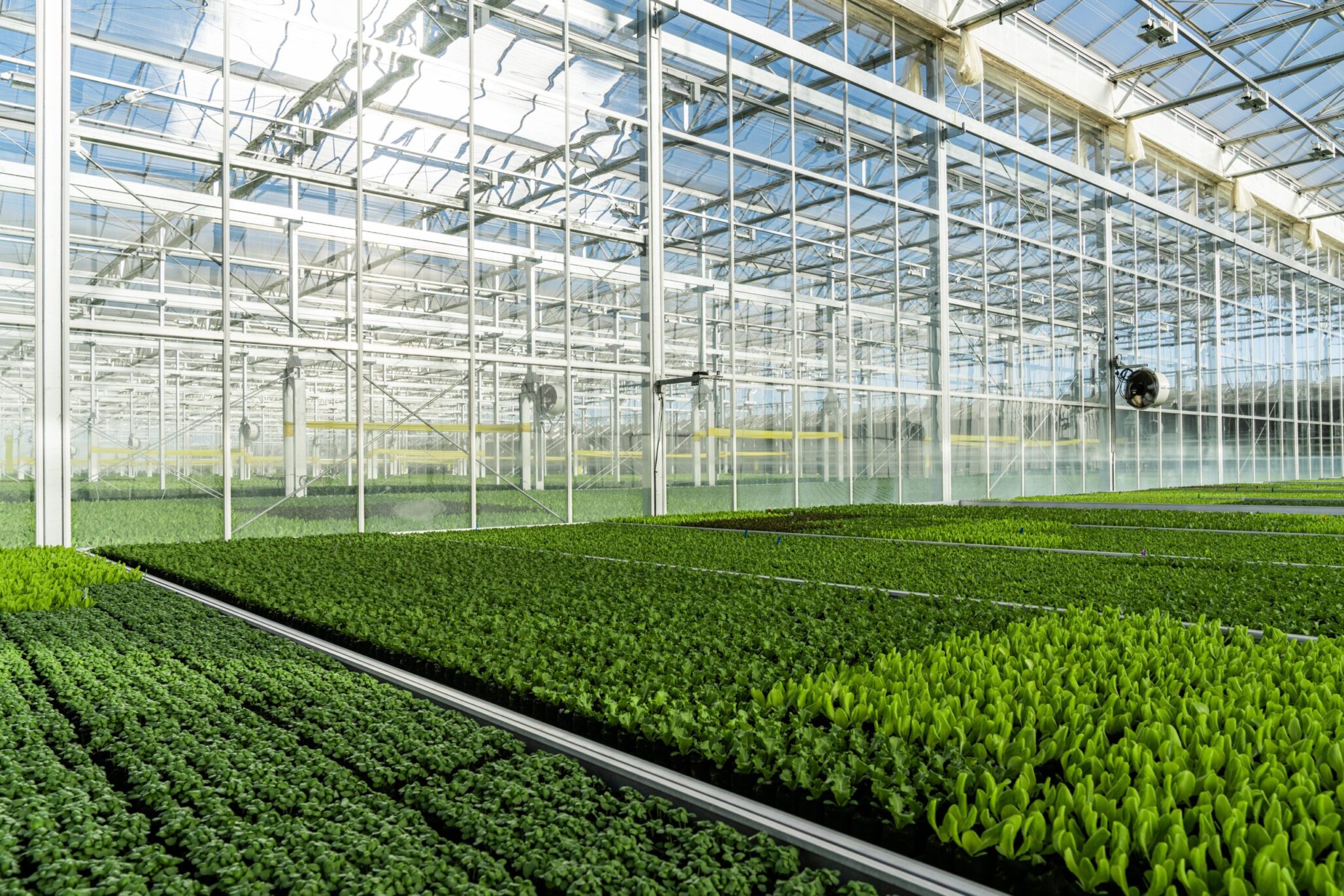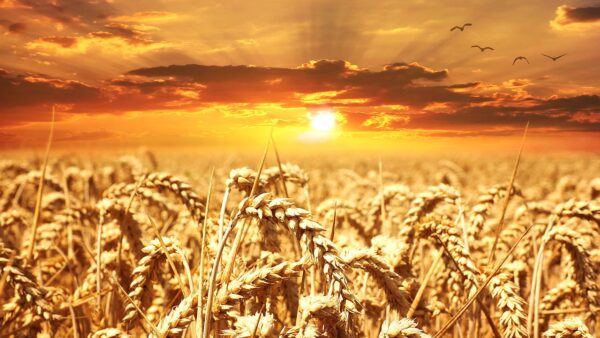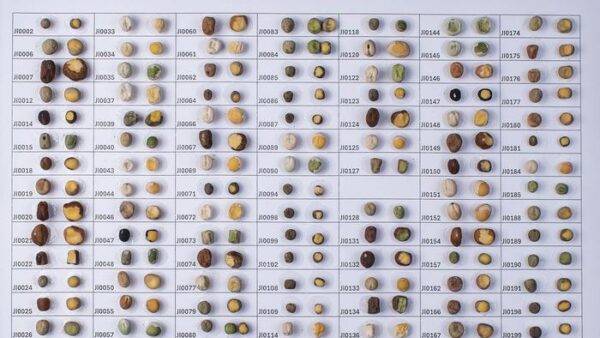There are plenty of places in the world to do breeding and farming, thanks to climate regulating technology. But sometimes when you’re looking to breed better, more resilient crops, you need an environment that can put a variety to the test — a stress test for plants.
There’s plenty of ways to do this, but a unique way to test out tolerance in crops is by sending a variety 250 miles above the Earth. That’s right, to the International Space Station (ISS).
The ISS covers about 90% of the planet as it flies over the Earth every day and allows researchers to try different things that you might not be able to on Earth. And, while you might not be able to have an entire indoor environment at the moment, Christine Kretz, vice president of programs and partnerships for the ISS, says it’s something they’re looking into for the future.
“Future space stations will be larger and have more production area for something like an entire indoor agricultural environment that would be custom built for that kind of work,” said Kretz at the Indoor AgTech Innovation Summit in New York. “In the future, more private scientists and private research will be available in orbit.”
Partnerships open the door for more spacefaring, she says. It allows space explorers to learn more in aspects like culture. Currently, there are a few projects being conducted on the ISS. The biggest project is focused on cotton growth to find more sustainable types of cotton plants. One variety was from Clemson and the other was from the University of Wisconsin-Madison.
“As we continue to explore other planets, imagine that we’re going to Mars and the Moon — we’re going to need to take plants with us. We’re going to need to be able to grow in various conditions,” Kretz said. “These kinds of reward opportunities are the beginning of next generation and better understanding of plants on Earth.”
Astronauts working with the cotton projects have been learning more about gene expression in space, and which varieties had better abilities to withstand temperatures and radiation in suboptimal conditions. So, while this work will be beneficial for future space travel, it also allows scientists to learn more about abiotic tolerances in different cotton varieties.
“There’s several different ways to actually grow plants in space,” Kretz said. “These are going to be important not only for gene expression, determining how things grow and understanding the results of radiation on plants — we’re moving off to be spacefaring people, and we’re going to need to grow plants in other places.”
Want to read more? Visit:
The Future of Farming? Tech-Enabled Intensification!
Vilmorin-Mikado 2020 Leafy Range for Hydroponic Production and Vertical Farming
Space to Grow, or Grow in Space- How Vertical Farms Could be Ready to Take-Off











